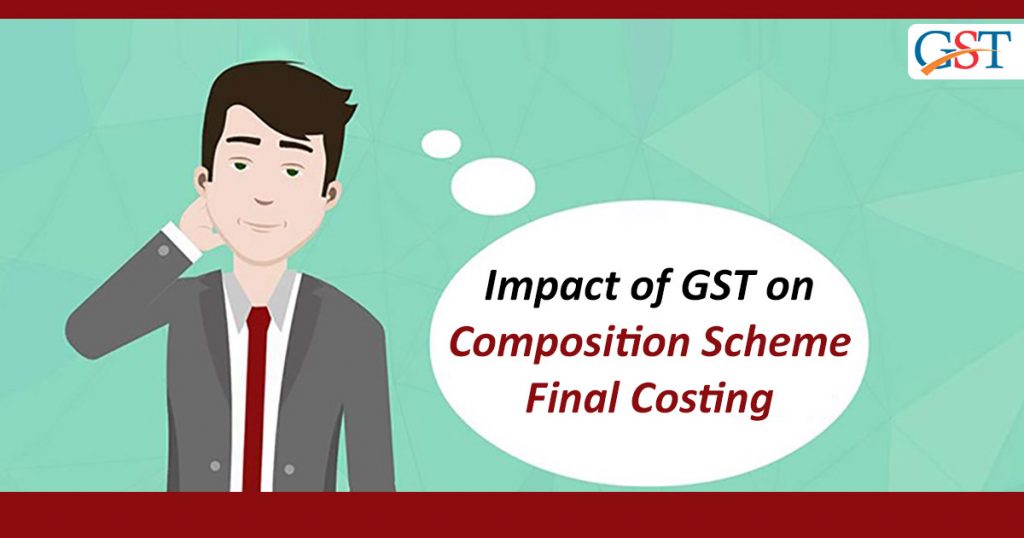
The composition levy scheme is an optional scheme for small taxpayers to reduce their tax burden in the easiest, legal and convenient way. It is a voluntary scheme by the Central Board of Indirect Taxes 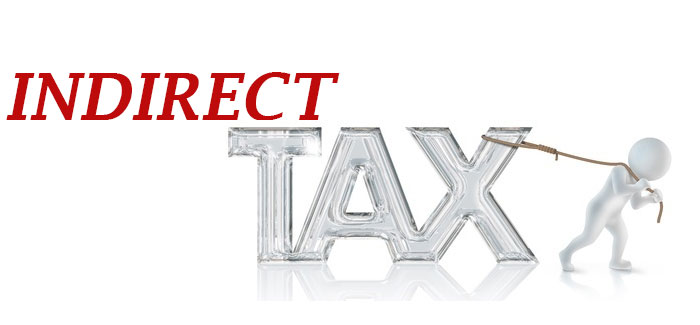
One of the major benefits of this scheme is that it does not seek any elaborated accounts and records to be up kept by the assessee. Simple annual return and payment of tax on a quarterly basis, sum up the benefits of the GST composition scheme. The taxpayer registered under the composition levy scheme has to maintain only two monthly statements along with a return to be filed under GST.
Section 10 of the Central GST Act, 2017 and Chapter 2 of the CGST Rules, 2017 states the provisions concerned with composition levy. According to these sections, an assessee who is registered under the composition levy scheme has to pay a tax of an amount equal to some predetermined & definite percentage of his annual turnover to the government on a quarterly basis. In addition, he has to furnish an uncomplicated annually return in FORM GSTR-04 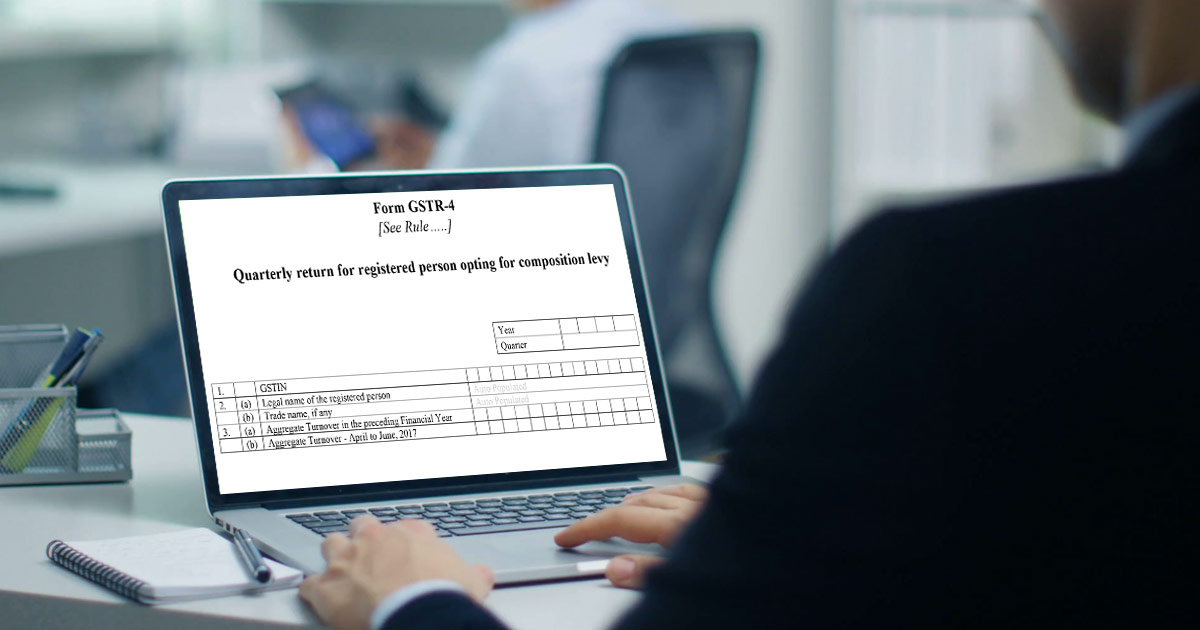
However, the benefit of the Input Tax credit is not available for taxpayers opted for this scheme and also they are not allowed to issue taxable invoices under GST or to collect GST from their customers.
This interprets that a taxpayer registered under GST on composition scheme can neither claim ITC from the government nor can he collect GST from his customers. These two factors affect the costing for assessees under the composite scheme.
A taxable individual can buy the inputs from a taxable person, a non-taxable person and also from a dealer who has opted for composition scheme.
This means individuals under all three categories can be a supplier. These categories are as follows:-
- Taxable person
- Non-taxable person
- Dealer under Composition Scheme
A taxable person pays GST at the applicable rates.
A non-taxable person does not pay any GST.
Dealers under GST Composition Scheme 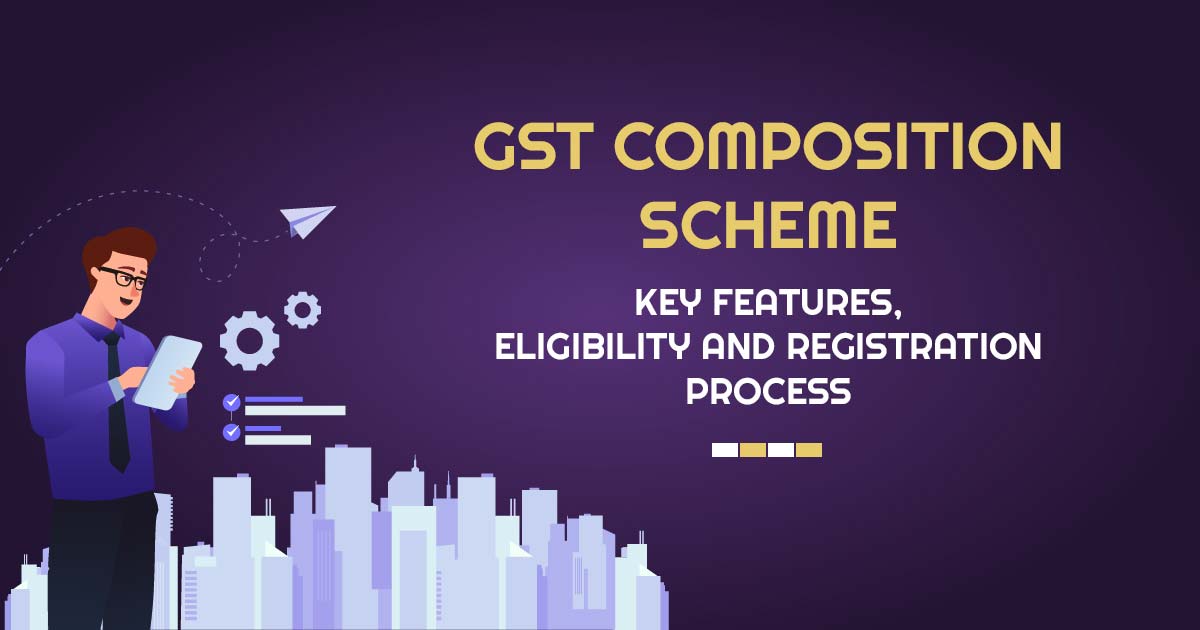
A non-taxable person who acts as a supplier neither pays GST nor can avail ITC. However, the dealers under GST Composition Scheme pay a certain amount of tax towards GST but can not avail ITC. But since the supplier under composition levy pays tax on input, the unavailability of ITC increases the overall cost for him which leads to supply at a higher value.
The suppliers which come under the category of taxable persons are taxed at the rate of 5%, 12%, 18% or 28% under GST and they get also generate the invoices at these GST rates 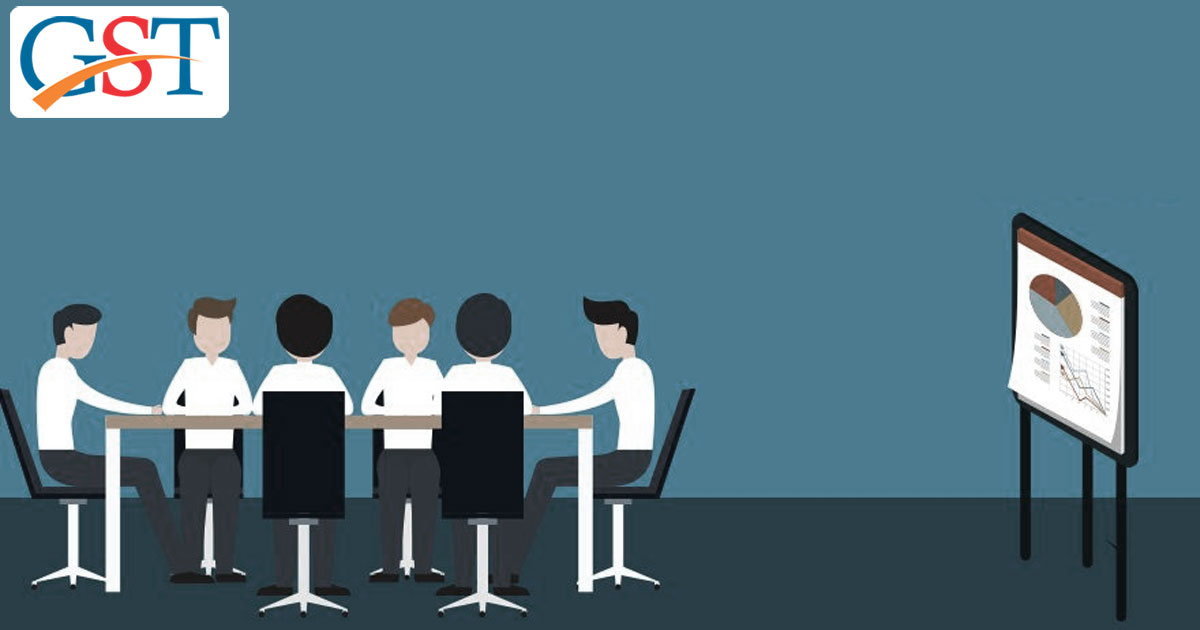
Let us understand it with an Example – Suppose that the taxable supplier has to pay GST @18% and INR 100 is the invoice value. The total amount to be paid by the recipient will be equal to INR 100 + INR 18 i.e. INR 118.
So, the procurement cost becomes INR 118. The supplier sells the product at INR 140, keeping the margin of INR 22.
The tax paid on input i.e. INR 80 can be claimed as ITC by a normal taxpayer and if the product is sold at INR 140, the GST payable at the rate of 18% will be equal to INR 25.20 (18% of 140).
Now, out from GST payable i.e. INR 25.20, ITC of INR 18 can be utilized by the taxable person and the balance INR 7.20 can be paid in cash. As the taxable person is eligible to collect GST from the buyer/ recipient, the balance amount paid in cash is also recoverable from the customer. This implies no impact on cost due to GST and the profit margin of INR 40 (INR 140- INR 100).
In such a situation, can the dealer under composition levy compete with a taxable person? Or is the same benefit of claiming the tax paid available for such dealers?
The Answer is NO!
Dealer under composition levy scheme has to pay GST at a fixed percentage on outward supply. The fixed percent can be any number but can not be collected from the recipient/customer.
Suppose the fixed percent is 2% which has to paid as GST on outward supplies. So, a dealer under GST on composition scheme cannot include this 2% in the price of its good or service because if he keeps estimating the price on a backward basis i.e. including the GST in the price, that would be identical to mutating the respective 2% from the recipient. This will lead to a contradiction.
This type of tax comes under the category of direct tax 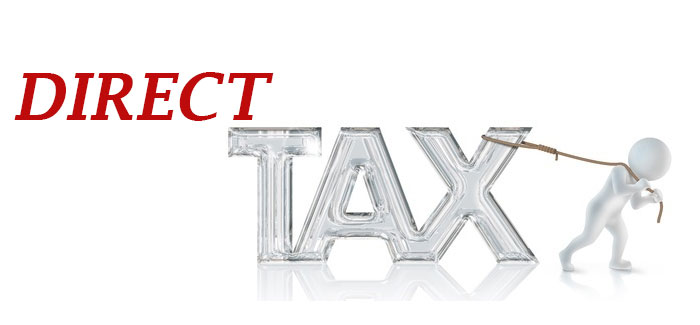
So, an assessee under composition levy scheme suffers from dual directions. At one extreme, he is paying GST on outward supplies and at another extreme, he is neither claiming ITC nor collecting GST from customers.
This is an irrational approach that can hardly benefit the organizations under MSMEs. The only option for them to receive goods from a non-taxable person. However, this can not be an ever-feasible solution.
It is something which is not a practical proposition. It is really hard to understand as to how the scheme is beneficial to a business community under MSMEs. His only option to survive under the scheme is to procure goods from a non-taxable person, which choice is very limited.










I think this part needs correction.GST on the GST issue. pls review
“Now, out from GST payable i.e. INR 25.20, ITC of INR 18 can be utilized by the taxable person and the balance INR 7.20 can be paid in cash. As the taxable person is eligible to collect GST from the buyer/ recipient, the balance amount paid in cash is also recoverable from the customer. This implies no impact on cost due to GST and the profit margin of INR 40 (INR 140- INR 100).”
Payment of tax on “monthly” basis!!